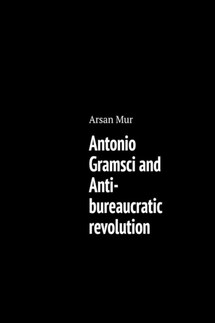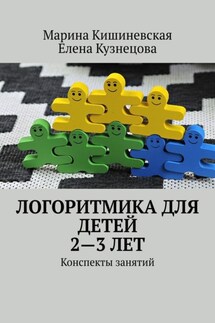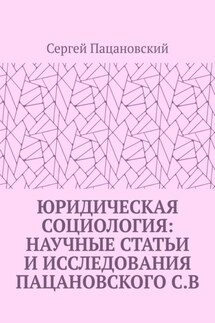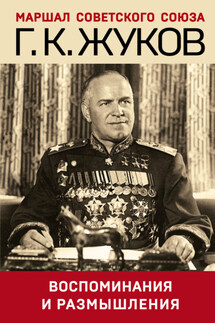Antonio Gramsci and Anti-bureaucratic revolution - страница 2
The thinker also strongly advised the rulers to believe that they could either constantly deceive a few people, or all people for some time, but never – all people and always. An attempt to constantly deceive the whole state, according to Aristotle, will inevitably end in a revolution.
He also said that rulers should exercise due care in relation to their subjects: they should not distinguish between an officer and a commoner, between leading and non-leading, etc. To prevent a revolution, according to Aristotle, it is necessary to observe the principle of democratic equality.
In addition, each citizen, according to the philosopher, should be given a chance to express his opinion about the government, and the length of time officials should be short. If, according to Aristotle, the state is built in this way, the oligarchs and aristocrats will not get too much power.
Since internal hostility between rulers would destroy the strength and unity of the state, the ruler should always be vigilant and keep in control all the quarrels and discords between the rulers. No citizen or official should be promoted to the highest position or suddenly dismissed.
Those who have gained too much wealth should be ostracized or exiled, and no society should be allowed to establish its dominance over another. Aristotle also wrote that government institutions should not be profitable. In this case, public office will not attract the poor, and will not give a big advantage to the rich.
The poor in this format of state activity are working and getting richer, while the rich are holding positions and are not getting rich from it. Under these conditions, the poor are satisfied that they have a job, and the rich are satisfied that they occupy high positions.
He further stated that the rich should not show their wealth, since it arouses envy, among others. Finally, a statesman interested in preventing revolution must prevent the extremes of poverty and wealth, since it is this extreme that leads to conflict. He should encourage colonization as a way out to solve the problem of overpopulation, and the leader should cultivate religion, which, according to the philosopher, also prevents revolution.
Aristotle also suggested that an unworthy ruler could never stop the revolution. To ensure their official compliance, rulers must first be faithful to the constitution, and secondly, they must be competent, capable, worthy and fulfill their duties; thirdly, they must be kind and fair.
Finally, Aristotle argues that the right education system is the most effective tool to deter revolutionary instinct and maintain public order.
Traditionally, the concept of the origin of the “theory of revolution” is associated with a study by Lyford Edwards “The Natural History of the Revolution” (1927), followed by the writings of Crane Brinton and George Petty (1938). “The Sociology of Revolution” (1925) by Pitirim Sorokin also belongs to this galaxy. The works of Edwards, Brinton and Petty are presented in historiography as the “first wave” of researchers in the theory of revolution – an approach that has been around since the 60s. XX century moves from work to work, but this approach is not entirely correct. A century before Sorokin, Edwards, Petty, and Brinton, several small works were published aimed at identifying and studying the general features and conditions of all revolutions and creating a theory of revolution.






